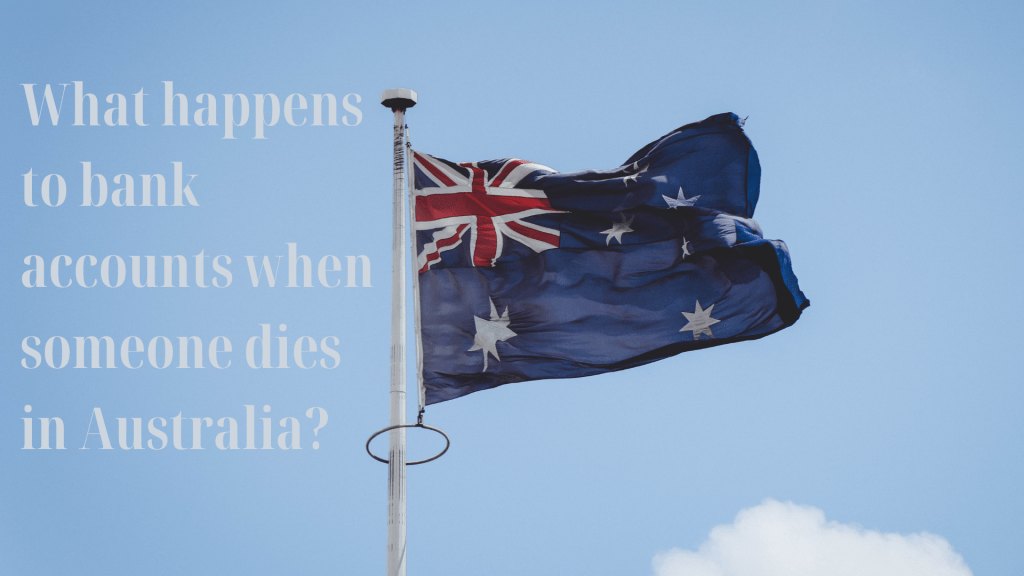What happens to bank accounts when someone dies in Australia?

What happens to bank accounts when someone dies in Australia?
In order to stop further transactions and preserve the estate, a person's bank or financial institution will freeze any accounts if they were the only account holder when they pass away. However, all shared bank accounts will continue to function normally. Accounts that previously required two signatures to operate will now simply need one. The deceased's bank and savings accounts will be used to pay off any credit card or personal loan debt, and any remaining funds will be distributed to their beneficiaries in accordance with their Last Will and Testament. If there is no Will, the Next of Kin or estate administrator will receive ownership of the account as well as any estate assets and obligations, and the accounts will be closed.
What is a deceased estate?
When someone passes away, they frequently leave behind assets like cash and real estate as well as obligations that must be handled and settled. This is frequently referred to as a deceased estate or a deceased person's estate.
How is the deceased’s bank accessed?
First and foremost, you must get in touch with the bank or financial institution as soon as you can after the person has gone away if you are the estate executor, administrator, or Next of Kin. Most will have teams of experts ready to help people in your situation. After that, you'll need to do some paperwork, such as filling out a form that confirms your loved one's information and requests a notification of deceased customers.
The bank will be able to locate the accounts held in the deceased person's name thanks to this. Before granting access to your loved one's accounts, the bank will also need to confirm your personal authorization. The death certificate of the dead, their most recent Will, and the deeds of any trusts they held are typically required to be presented to the bank in original form or as certified copies. If there is a valid Will, you may additionally require a grant of probate or a letter of administration, depending on the size of the estate in terms of assets and property (if there is no valid Will). The estate will be resolved and the funds and assets will be distributed to the appropriate recipients once the bank has received all they require. Direct debits and recurring payments will also be stopped on the accounts, albeit some periodic payments may still be made.
How long does it take for a deceased estate account to be settled and closed?
When someone passes away, there are frequently unforeseen bills, and it might take some time—often months—for the estate to be administered before money is made accessible. The process varies depending on the bank or financial institution. For more information, we advise you to get in touch with your financial institution. Banks can aid, nevertheless, by releasing money from the estate to pay for interim funeral, estate, and business costs. More information on how this operates will be provided below.
What can be paid out of a deceased estate account?
In most cases, an executor, next-of-kin, or administrator can ask for certain current payments to continue or, if necessary, make arrangements for assistance with funding funeral costs. In the part after this, we go into further detail. The bank should be able to discharge money from the deceased person's estate to pay for other expenses, such as outstanding debts or estate-related obligations like rates and body corporate fees. Additionally, the executor can obtain funds from the estate to pay for estate expenditures by opening up a "estate of the late" transaction account with the bank. Upon request from the executor or next of kin, a company director, chairman secretary or treasurer, or a trustee, the bank may also disburse money for business needs.
CLICK THE LINK TO KNOW MORE ABOUT US!


